Russian forces carry out ‘widespread, systematic’ torture and rape against Ukrainian men and women, with prisoners suffering ‘horrific’ abuse, a UN investigation has found
Russia continues to commit serious rights violations and war crimes in Ukraine, including “systematic” torture and rape, United Nations investigators said Friday.
The High-Level Commission of Inquiry (COI) on the rights situation in Ukraine since the large-scale invasion said it had found new evidence of widespread abuses.
The report also expressed concern about the continued use of explosive weapons in civilian areas, confirming “a pattern of disregard by the Russian armed forces for potential harm to civilians.”
“The evidence shows that Russian authorities have committed violations of international human rights and international humanitarian law and related war crimes,” COI chief Erik Mose told reporters.
“Further investigation is needed to determine whether some of the situations identified could constitute crimes against humanity,” he added.
Moscow has been waging war against Ukraine for more than two years and has recently made gains on the battlefield.
An office chair stands in the hallway of a basement of a building that a war crimes prosecutor says is being used by Russian forces as a torture site in Kherson, Ukraine, Thursday, December 8, 2022
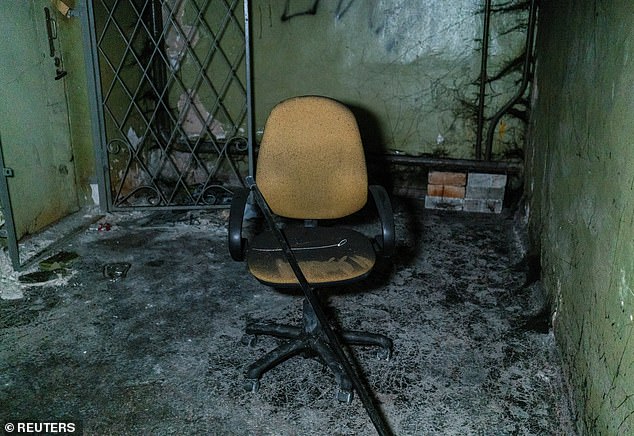
Plastic torture straps and a broken chair are seen in a basement of an office building where prosecutors say 30 people were held for two months during a Russian occupation amid Russia’s attack on Ukraine, in Kherson, Ukraine, December 10, 2022
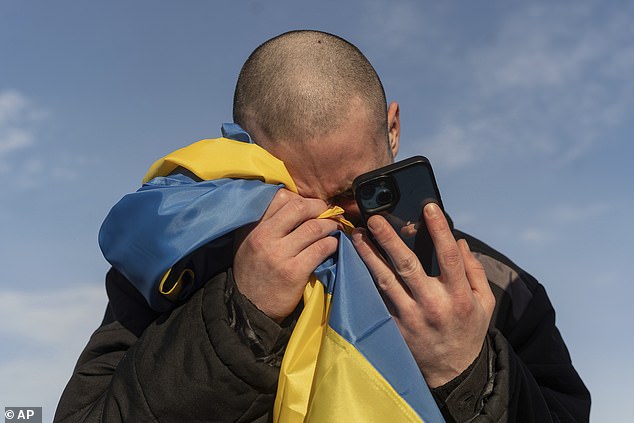
FILE – A recently exchanged Ukrainian prisoner of war cries as he calls his relatives after a prisoner exchange at the Ukrainian-Russian border, on Wednesday, January 31, 2024
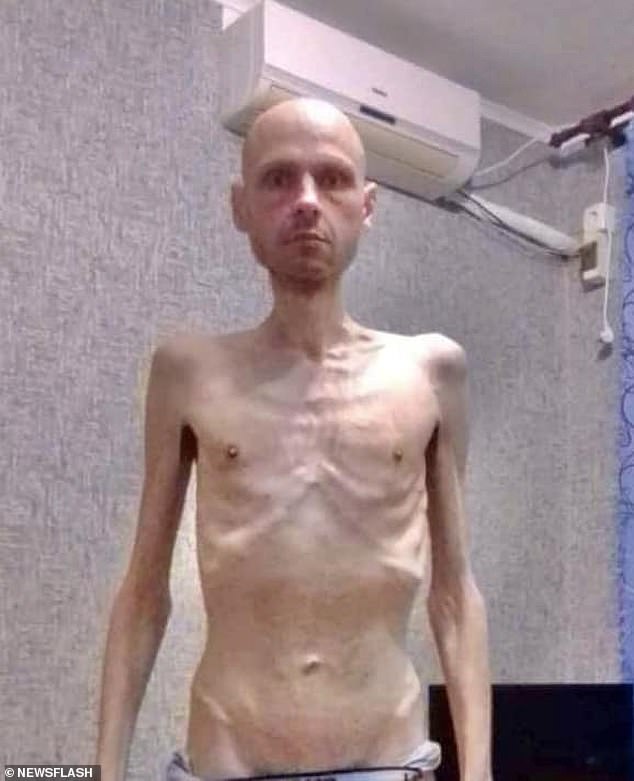
Photo shows Volodymyr Tsema-Bursov, undated. The Ukrainian man was reportedly held in Russian captivity for 20 months
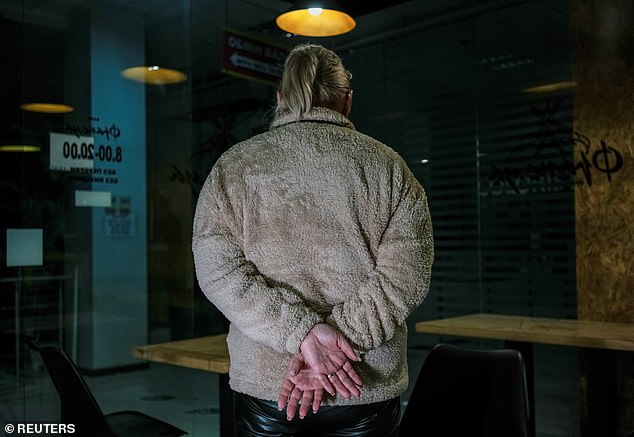
Oksana Minenko, 44, reveals how she was tortured by occupying Russian forces as he speaks to Reuters as Russia’s assault on Ukraine continues
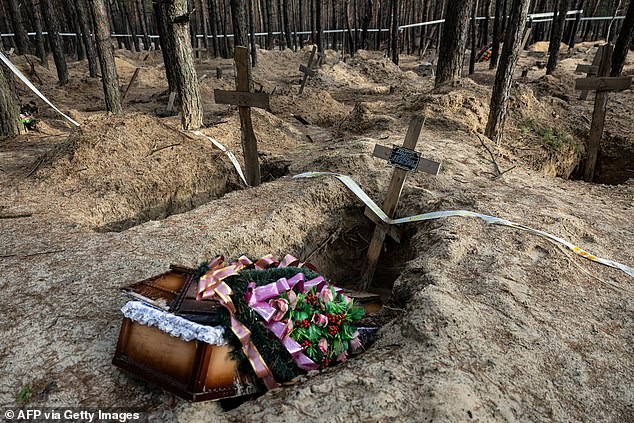
(FILES) This photo shows an empty coffin after the exhumation of bodies in the mass graves dug during the Russian occupation in the city of Izium, eastern Ukraine on January 2, 2023
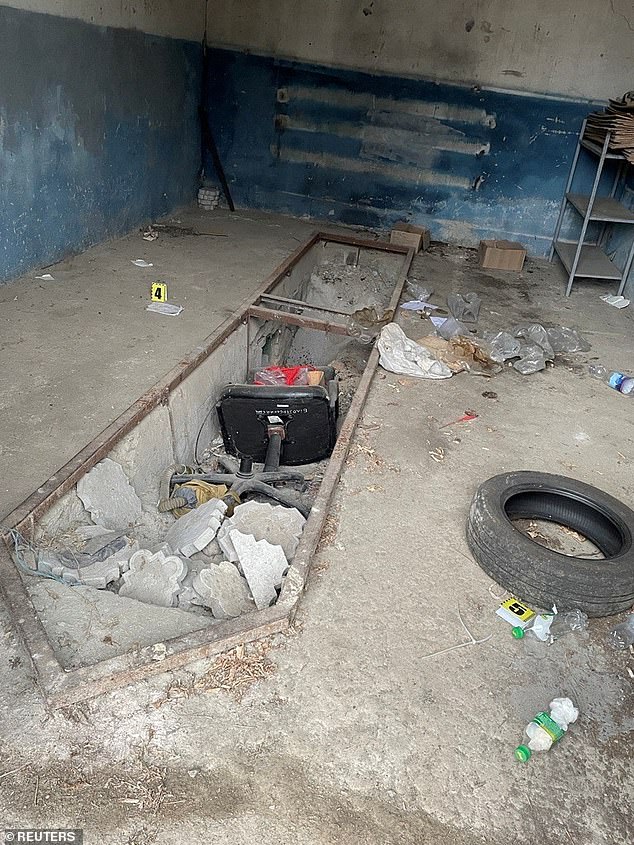
A garage adjacent to a courthouse in the village of Bilozerka, in Ukraine’s southern Kherson region, December 2, 2022, where Ukrainian authorities say Russian forces were stationed and unlawfully detained civilians
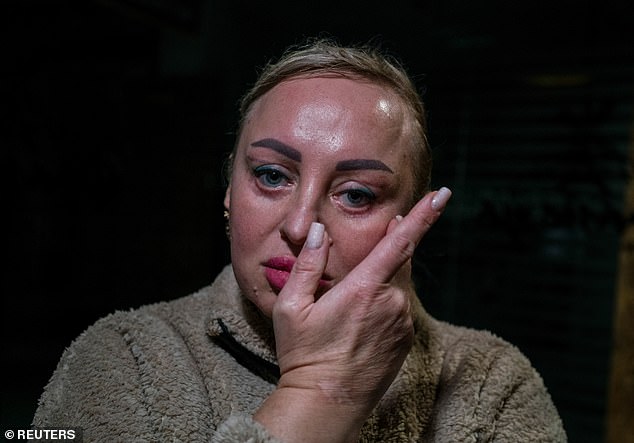
Oksana Minenko, 44-year-old, who says she was repeatedly detained and tortured by occupying Russian forces, speaks during an interview with Reuters, as the Russian attack on Ukraine continues, in Kherson, Ukraine, December 11, 2022
The UN confirmed previous findings and said torture by Russian authorities is “widespread and systematic” in both Ukraine and Russia.
The researchers said they compiled their latest report after speaking to more than 800 people during 16 separate visits to Ukraine.
The team judged that Russia’s treatment of Ukrainian POWs was “horrendous.”
‘The report documents incidents of rape and other sexual violence against women under conditions that also amount to torture.
“It also describes incidents of torture with a sexualized dimension and threats of rape against male prisoners of war.”
Investigators also found “additional evidence” that Ukrainian children had been unlawfully transferred to areas under Russian control.
For the first time, the researchers looked at Russia’s looting of Ukrainian cultural assets and archival documents, particularly from the city of Kherson, which was first occupied by Russian forces in March 2022 before being liberated about eight months later.
During the last weeks of the occupation in October and November 2022, “Russian authorities transferred cultural objects from the Kherson Regional Art Museum and archival documents from the State Archives of Kherson Province to” occupied Crimea.
“According to staff estimates from both institutions, more than 10,000 objects have been removed from the museum and 70 percent of documents from the main building of the State Archives,” the report said.
The UN report described this cultural appropriation as a “war crime.”
